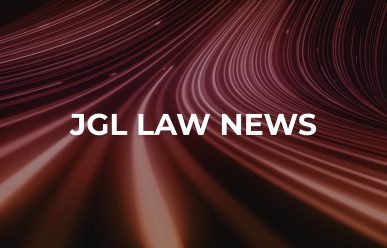Joseph, Greenwald & Laake secured a major victory for its whistleblower client in a False Claims Act (FCA) case against a Chattanooga, Tenn., hospital system involving millions of dollars in allegedly fraudulent Medicare and Medicaid claims.
The U.S. Court of Appeals for the Sixth Circuit Wednesday reversed a ruling by the U.S. District Court for the Middle District of Tennessee in Nashville, Tenn., and allowed the case to proceed against defendant Chattanooga-Hamilton Hospital Authority, which operates the Erlanger Medical Center and Erlander Health System. The District Court previously ruled that Robert Whipple, the firm’s client and relator in this qui tam action, was prevented from making his claims under the FCA’s public-disclosure bar.
“We are very pleased with the Appellate Court’s ruling and now that the technicalities are out of the way, the real merits of this case can be considered,” said Brian J. Markovitz, a partner with Joseph, Greenwald & Laake and the attorney for the relator in this case. “We are very confident that our client’s allegations will be found to be true and that the hospital did, in fact, illegally upcode and fraudulently bill Medicare and Medicaid for millions of dollars.”
According to Markovitz, the key to the District Court’s ruling against Mr. Whipple was that a government audit of some fraudulent billing claims by Erlanger triggered a bar to the suit known as the public disclosure bar. But, as Markovitz explained, the appeals court disagreed with the District Court by ruling that the audit was never actually “public” so the bar did not apply. Congress overhauled the FCA in 1986, replacing a previous government-knowledge bar with the current public-disclosure bar.
“The purpose of the FCA’s public-disclosure bar is to prevent someone from hearing or reading about alleged fraud from news reports or other public material and then making a claim to collect a finder’s fee,” Markovitz explained. “That’s not Mr. Whipple. He found out about the activities on his own accord so this non-public audit shouldn’t have been applied to his case.”
Whipple discovered the alleged fraud in early 2006 while working at Erlanger and analyzing past billing data, reviewing patient records, and observing operations in each of the revenue cycle departments. He also learned of the fraudulent practices from supervising patient admissions, planning discharges, and reviewing the submission of claims for payment.
Markovitz explained that the hospital system allegedly overbilled Medicare and Medicaid by upcoding hospital stays so that rates higher than what was allowed were billed.

